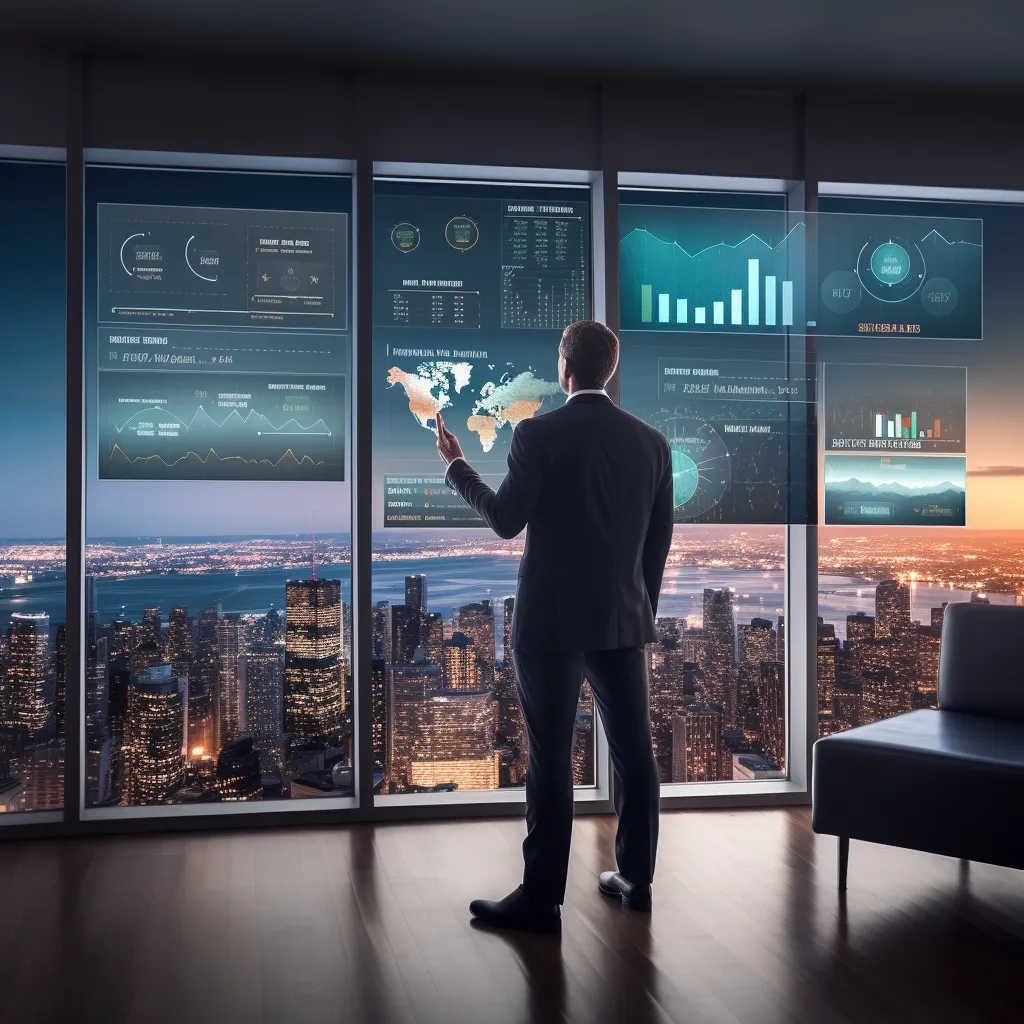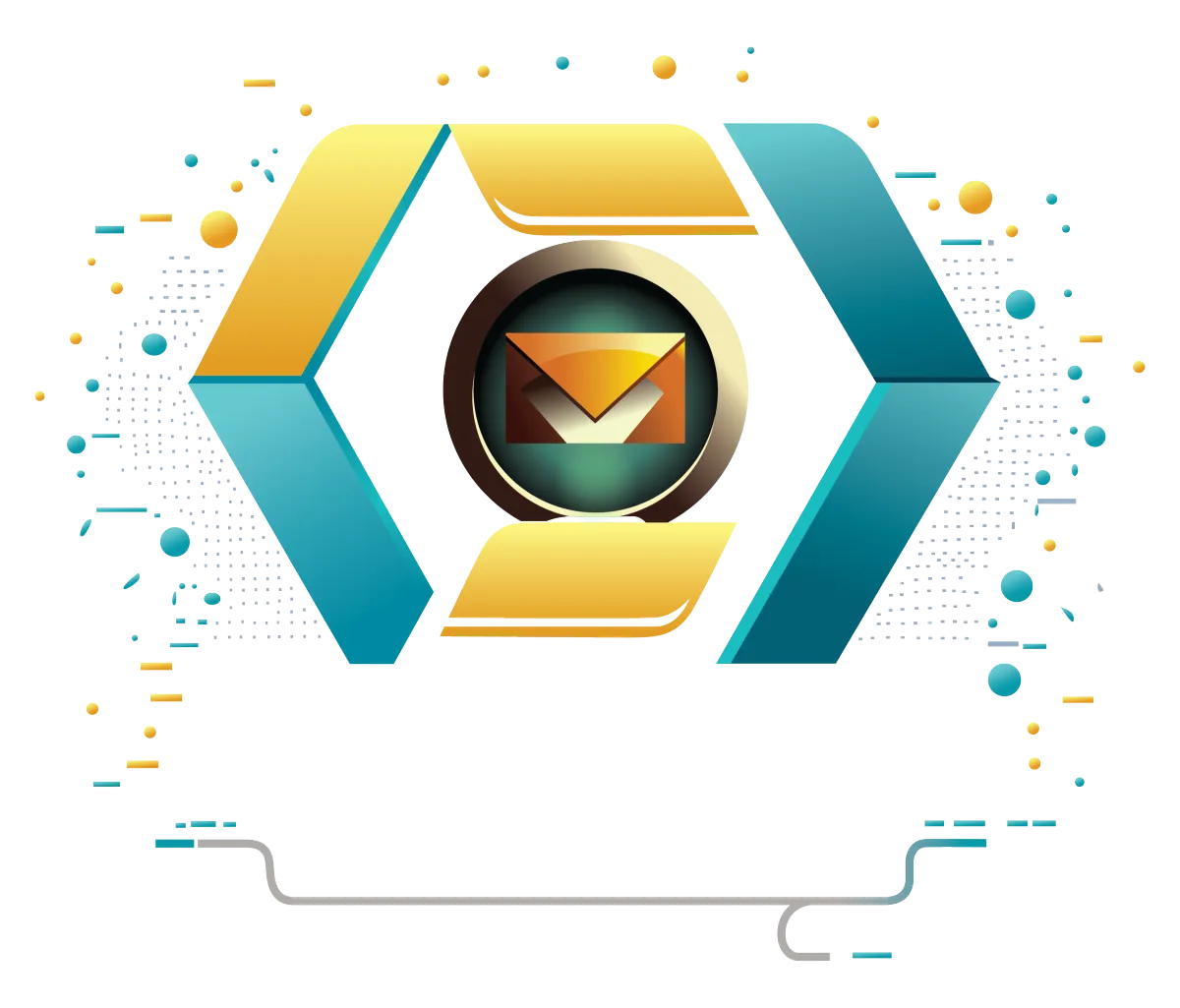AI Marketing, Lead Generation, & Growth Strategies

How AI is Shaping the Future of Work: A Closer Look at Industrial Applications
Introduction
Artificial Intelligence (AI) is rapidly transforming workplaces across various industries. As technology evolves, businesses are increasingly turning to AI to enhance efficiency, improve accuracy, and reduce operational costs. However, this shift also raises important questions about the potential displacement of jobs and the future of human workers in an automated world.

AI in Traditional Industries
Healthcare
In healthcare, AI is making significant strides, particularly in diagnostics. Algorithms capable of analyzing complex medical images can now detect conditions from X-rays or MRI scans with accuracy that often surpasses human experts. For example, AI systems are used to identify signs of diseases such as cancer at early stages, potentially improving patient outcomes significantly.
Insurance
The insurance sector benefits from AI in automating risk assessment and claims processing. AI helps in quickly analyzing large datasets to detect patterns that may indicate fraud, speeding up the claims process, and reducing the chances of fraudulent claims, thereby saving costs and enhancing customer satisfaction.
Automation and Efficiency
AI's role in automation extends to performing repetitive and high-volume tasks with unparalleled speed. In sectors like manufacturing, AI-driven robots are employed not just for assembly lines but also for intricate tasks like quality control. This automation not only cuts down on human error but also frees up human workers for more complex and creative tasks, thereby increasing overall productivity.
Social Implications of AI
While AI drives efficiency and growth, it also poses challenges, especially in terms of employment. There is a growing concern about AI potentially leading to job losses, particularly in roles that involve repetitive tasks. However, there is also a potential for job creation in areas that develop, maintain, and manage AI technologies. Addressing these changes requires proactive strategies in education and workforce development to reskill and upskill employees.

Balancing Automation with Human Workforce
Successful integration of AI into the workplace doesn’t necessarily mean replacing humans entirely. Many companies are adopting a hybrid approach where AI and humans work side by side. For instance, collaborative robots or "cobots" are designed to work alongside human workers, assisting rather than replacing them. This approach not only maintains human jobs but also enhances their quality by reducing the workload and physical strain.
The Future of AI in the Workplace
Looking forward, the integration of AI in the workplace is set to deepen, with technologies becoming more sophisticated. As AI systems continue to learn and adapt, their potential applications will expand, potentially transforming every aspect of how businesses operate. It's crucial for leaders and policymakers to guide the development and implementation of AI technologies thoughtfully, ensuring that they enhance the workplace rather than diminish it.

Conclusion
AI is undeniably reshaping the landscape of work, bringing both opportunities and challenges. It's imperative for all stakeholders — from business leaders to policymakers — to engage with these technologies thoughtfully, ensuring that they serve to enhance, rather than undermine, the human element of work.
References

